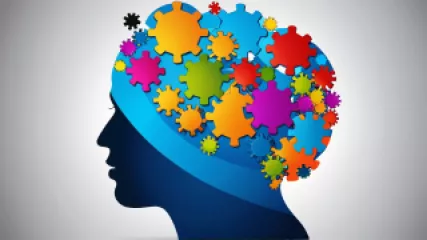Embracing Life's Transitions: A Personal Growth Perspective
1 year ago
Life Transitions
How Mental Health Coaching Can Help Reduce Environmental Anxiety
1 year ago
Reducing Environmental Anxiety
What are the Top Tips for Special Education Professionals?
1 year ago
Special Education
Navigating the Challenges of Adolescence: An Interview with a Youth Counselor
1 year ago
Adolescence Issues
Therapeutic Approaches to Overcome Boredom
1 year ago
Dealing with Boredom
What's the Best Way for Trauma Survivors to Recover?
1 year ago
Recovering from Trauma
Lessons from Fight Club: Overcoming Cognitive Dissonance
1 year ago
Cognitive Dissonance
The Ultimate Guide to the Benefits of Nature Immersion Therapy
1 year ago
Benefits of Nature
How to Use Social Comparison Theory for Personal Growth
1 year ago
Social Comparison Theory
Unlocking Your Cognitive Flexibility: Proven Exercises to Enhance Mental Agility
1 year ago
Cognitive Flexibility
10 Surprising Ways Superstitions Affect Mental Health
1 year ago
Psychology Behind Superstitions
Conquering Fears: A Step-by-Step Guide to Overcoming Anxiety
1 year ago
Conquering Fears
Managing Feelings of Disappointment: An Interview with a Psychologist
1 year ago
Dealing with Disappointment
My Journey of Self-Discovery: Embracing My Sexual Orientation
1 year ago
Sexual Orientation
How to Overcome Trauma: A Step-by-Step Guide
1 year ago
Trauma














